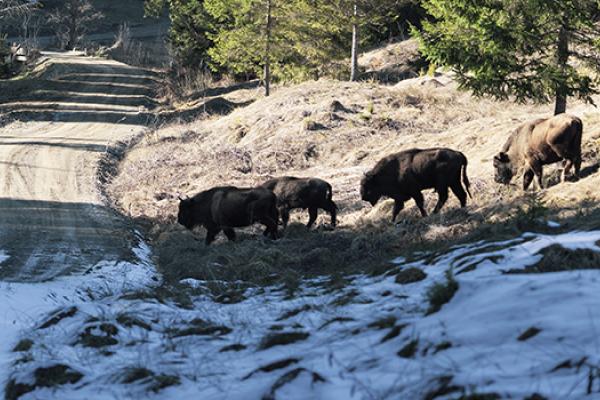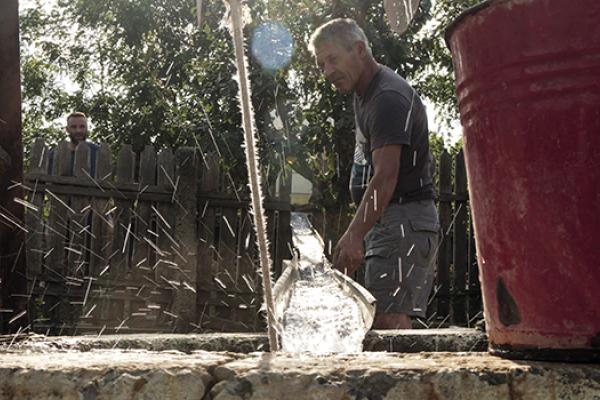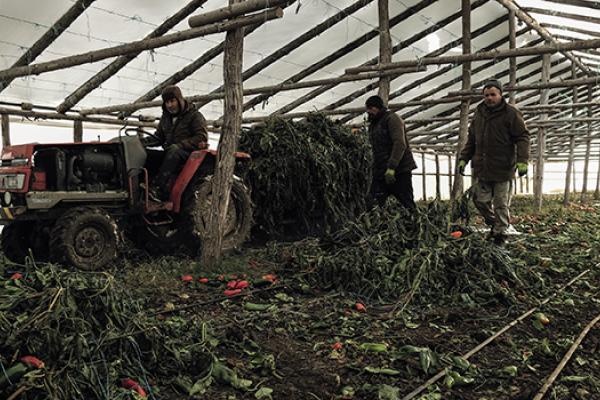Adina Florea is a freelance journalist specialising in labour migration, minority rights, and environmental issues in Eastern Europe based in Romania.
Adina has worked for seven years as a news writer and staff reporter for various Romanian media outlets, including VICE and Libertatea. During this time, she uncovered exclusive stories about the abusive conditions faced by South Asian migrant workers in Romania. These included Vietnamese construction workers living in overcrowded and unsanitary conditions, and Sri Lankan seamstresses who were abandoned by their employer at Bucharest Airport. Adina has also worked as a local producer for The Independent, The Times, and De Volkskrant. She has been awarded a BIRN Fellowship of Journalistic Excellence.
In 2023, she shifted her focus to environmental reporting, writing about farmers and climate litigation in Eastern Europe. Her articles has appeared in publications such as VICE, Inclusiv, Libertatea, and The Times.
Adina had studied journalism in Bucharest. In 2024, she completed an MA in Financial Journalism and Business Innovation at City, University of London.



